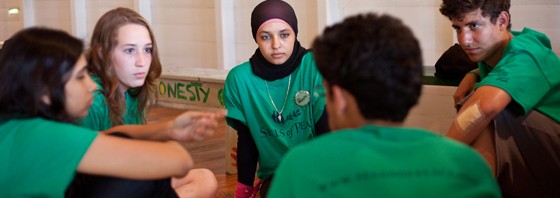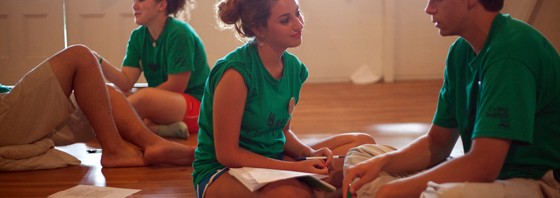Pistons forward Tobias Harris is doing a small part to help the problem of xenophobia.
Harris is lending his time to Seeds of Peace, a non-profit that organizes a camp in Maine that brings youths of different nationalities together in an effort to help them appreciate those with differences.
Harris spoke briefly with the Free Press on Wednesday afternoon and said he was glad to lend a helping hand.
He said it was special because some of these kids come from places where they aren’t allowed to associate with some people just because of their differences.
The theme of the camp is “Play for Peace” and Harris joined more than 150 youths. The youths’ nationalities ranged from Israeli to Jordanian, Egyptian and others.
Tobias helped run the basketball clinic with the goal of setting aside conflicts.
Pistons and Palace Sports & Entertainment vice chairman Arn Tellem is a member of the board of directors for Seeds of Peace.



